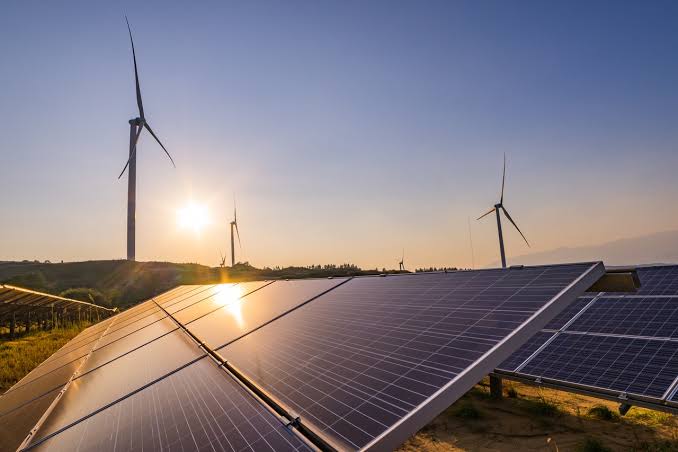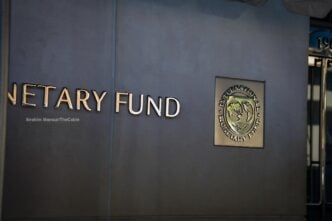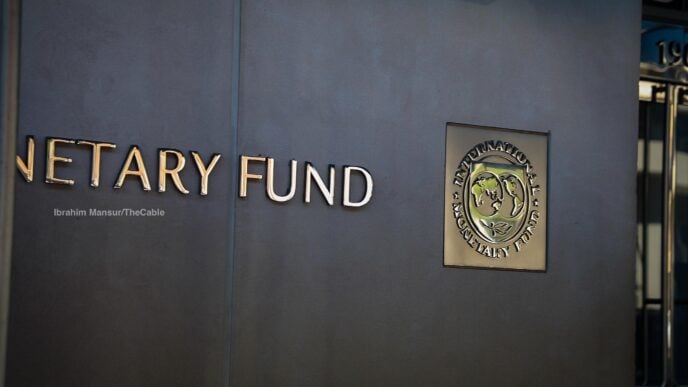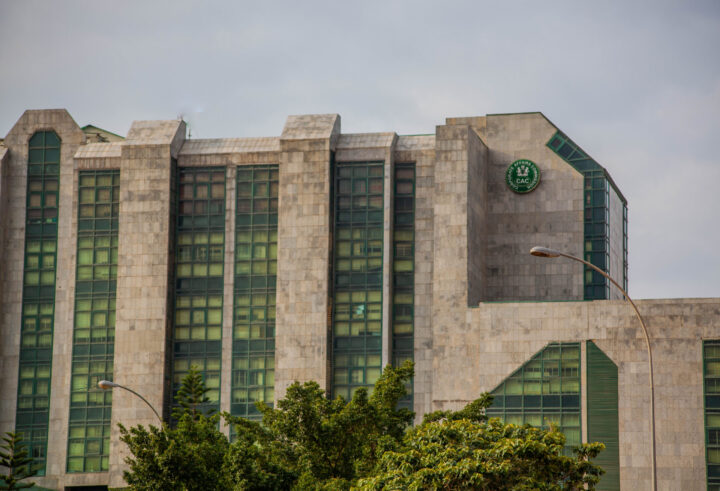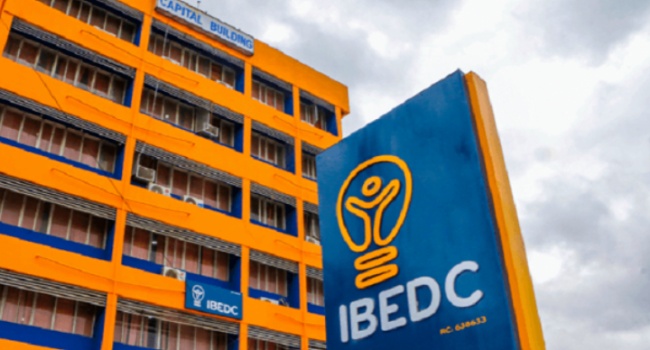BudgIT Foundation, in collaboration with Publish What You Pay (PWYP) Nigeria and other stakeholders, has highlighted the nuances, challenges, and solutions to clean energy advancement in Nigeria.
The stakeholders spoke at a high-level roundtable in Abuja on Wednesday to explore strategies for accelerating renewable energy adoption in Nigeria.
The event was themed ‘Promoting Renewable Energy Adoption in Nigeria’.
The meeting brought together representatives from key government institutions, civil society, the private sector, and international partners to identify barriers and recommend actionable solutions to scale up clean energy deployment.
Advertisement
Speaking at the event, Enebi Opaluwa, head of BudgIT’s natural resource and climate governance programme, said the roundtable provided a robust platform for stakeholders to discuss practical steps to enhance clean energy penetration.
“We had critical players from the federal ministry of environment, REA, Customs, and the Energy Transition Office (ETO). A key takeaway was the need for greater policy alignment, especially regarding tariffs and import protocols for renewable energy equipment,” Opalua said.
He noted that while the cost of renewable technologies is falling globally, access to financing remains a major bottleneck in Nigeria, worsened by volatile exchange rates and gaps in policy clarity on tariffs and duty waivers.
Advertisement
Also speaking, Elissa Danladi, national coordinator of Publish What You Pay Nigeria, underscored the need for community inclusion in energy transition plans.
“For us, renewable energy adoption is a pathway to a just transition. We believe that local communities must not be left behind in renewable energy adoption,” she said.
“We want to see sustainability plans, proper fund utilisation by agencies like the REA, and the translation of policies into real, actionable projects.”
Danladi added that PWYP and BudgIT are working on a research report to flesh out the roundtable’s recommendations into a structured policy and investment action roadmap.
Advertisement
She highlighted some key recommendations from the roundtable, including alignment of national and subnational policies on renewable energy.
“Improved access to REA financing for private sector actors; clearer tariff frameworks and customs processes for importing clean energy equipment,” Danladi said.
She also said the stakeholders agreed to broader awareness campaigns on financing opportunities, community engagement, and ownership for project sustainability.
‘NIGERIA NEEDS $23BN INVESTMENT TO PROVIDE ELECTRICITY’
Advertisement
Waziri Muzammil, technical adviser to the managing director of the Rural Electrification Agency (REA), on technology integration, said Nigeria will require at least $23 billion in capital investment to provide electricity access to over 120 million Nigerians projected to be off-grid by 2030 if no urgent action is taken.
“As of 2025, about 85 million Nigerians are still without access to electricity,” Muzalilu said.
Advertisement
“With the population growing at 3% and energy access growing at only 1.1%, the gap is widening. We have identified the least-cost model for universal electrification, and the investment needed is $23 billion,” he said.
He emphasised the urgency of increased private investment and international financing to reverse the slow pace of energy access expansion.
Advertisement
